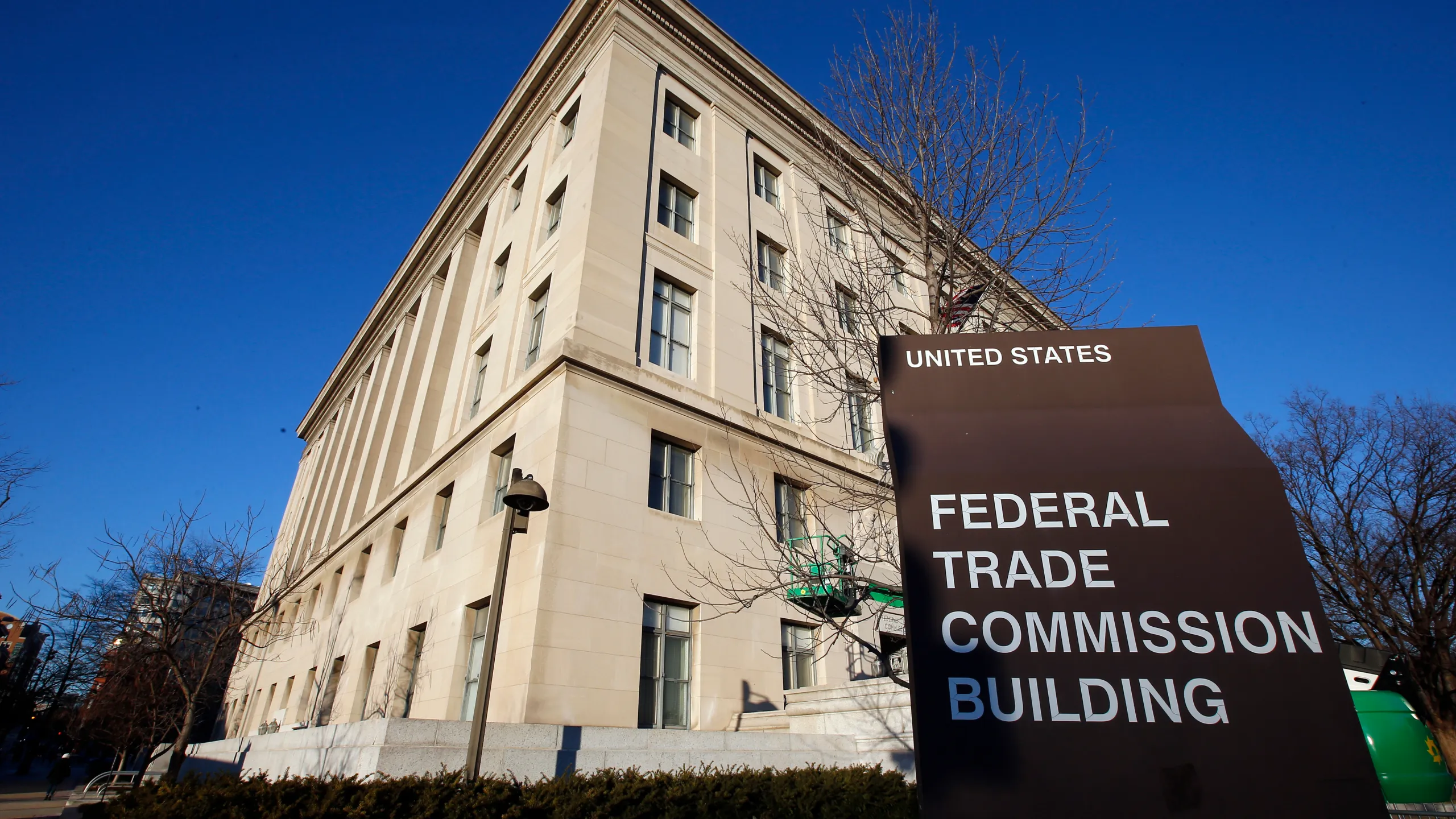The United States government has been busy this week with some major changes that affect both business owners and employees in some big ways.
New Overtime Rule
In 1938, in the midst of the Great Depression, Congress passed the Fair Labor Standards Act (FLSA). One of the provisions of the FLSA was that employees must be paid 1.5 times their normal rate for all hours worked over 44 in a week. There is an exemption in this requirement that an employee who is paid a salary; performs primarily executive, administrative, or professional duties; and is paid above the threshold amount per week may be exempt from the overtime requirement. The hours were reduced to 40 soon after passage, and the minimum salary to be exempt has risen several times since the law was initially passed. Currently, the threshold pay is $684/week ($35,568/year). This week, the Department of Labor (DOL) passed a final rule that raises that threshold to $844/week ($43,888/year) on July 1, 2024, and to $1,128/week ($58,656/year) on January 1, 2025.
What does this mean for employers? It means that labor costs may increase, especially in low-paying retail and food businesses. Employers must now choose between giving low-paid salaried managers a raise or to pay them an OT rate for every hour over 40 these managers work. For employees, this means either a higher salary for some managers or more labor hours in these establishments to ensure the manager does not have to work many extra hours.
No More Non-Compete Clauses
Almost 1 in 5 American workers is subject to a non-compete clause with their employer. That is 30 million Americans which cannot take a better offer at another company in the same industry. These clauses are used by employers to prevent their workers from going to a competitor, preventing the transfer of trade secrets and also allowing employers to retain workers with fewer wage and benefit increases.
This week, the Federal Trade Commission (FTC) enacted a final rule which will ban all future non-compete clauses for all employees and will cancel any currently-existing non-compete clauses for all but senior executives. Companies will still be allowed to enforce non-competes against current senior executives, defined in the rule as employees who make at least $151,164 per year and are in policy-making positions for their companies.
The implications for this rule are powerful for many people. Once this rule goes into effect, sometime around September 1 of this year (the rule technically is effective 120 days after publication in the Federal Register), employees who have had their ability to change jobs or start new companies restricted will be free to pursue those options. For employers, there are a few implications. First, the inability to artificially restrict competition may increase labor costs. Second, since non-compete clauses can no longer be used to prevent employees who know certain information from migrating to a new company, well-written non-disclosure agreements and enforcement of trade secret laws will vastly increase in importance.
Challenges to the Rules
It is important to keep in mind that these rules will face myriad legal challenges in the courts, and it can be expected that an injunction will be sought to prevent these rules from going into effect until after the legal challenges are exhausted. That means that one or both of these rules could be stalled for months or years. They could also conceivably be struck down by the courts. The best plan of action would be for employees to watch and wait while employers should begin taking measures now to protect trade secrets and confidential information. At Vita Bona Legal Services, we can help you craft a strategy that will protect your important information in a way that is fair to your employees and complies with the law regardless of how the legal challenges to these rules turn out.





